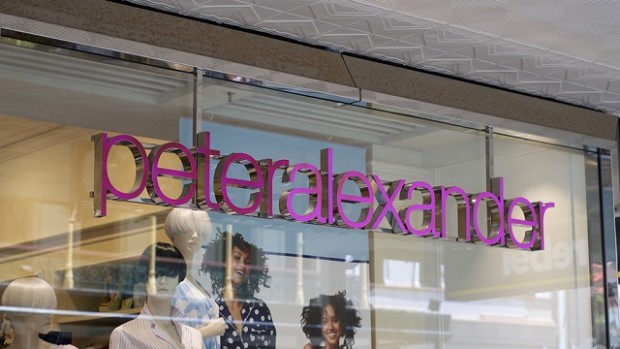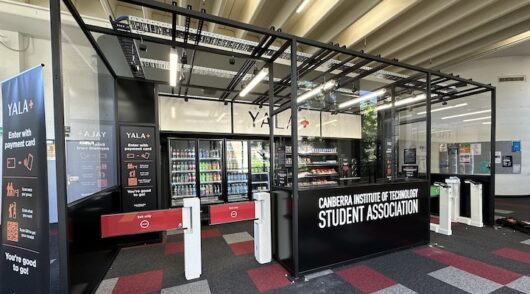
Members of the Australian Retailers’ Association (ARA) and the National Retail Association (NRA) will be able to share information and collectively bargain for rent relief until September next year, after the competition watchdog approved separate applications from the industry associations on Thursday.
The decision follows interim authorisation for collective bargaining that the watchdog granted the ARA and NRA in April, when Prime Minister Scott Morrison was advising all Australians to stay home, and retailers were closing bricks-and-mortar stores nationwide.
The decision to extend this interim authorisation until September 1, 2021, reflects the long road to recovery for retail, a sector that is significantly impacted by unemployment and consumer confidence.
“The bottom-line is that retailers will continue to need assistance for the foreseeable future,” Dominique Lamb, chief executive of the NRA, said in a statement about the ACCC’s decision to extend collective bargaining.
Paul Zahra, CEO of the ARA, said rent remains “one of the most critical pain points for retailers” in a statement about the decision.
Commercial rent has become a flashpoint in the broader conversation about the flow-on effects of the public health measures aimed at stopping the spread of the global pandemic.
Except for the business restrictions currently in effect in metropolitan Melbourne, most retail businesses were not required to close their bricks-and-mortar stores at any point over the past five months.
Those that did so in late March and early April said it was to protect the health of their staff and customers. It should also be noted that foot traffic in shopping centres had plummeted and spending, especially on discretionary items like fashion, was down amid record-low consumer sentiment.
But because store closures were not mandated by the government, some retailers reported that landlords were still expecting rent payments. And because most retail leases are not pegged to sales, was untenable for many businesses in March and April. Some major chains simply refused to pay rent while their stores were closed, but many small retailers did not have the same leverage.
It was against this backdrop that the ARA and NRA applied to the Australian Competition & Consumer Commission for permission for their members to collectively negotiate for rent relief in early April.
The NRA also applied for authorisation for its landlord members to coordinate the provision of rent relief to their small and medium enterprise tenants. (On Thursday, the ACCC extended its authorisation for this application until September 1, 2021.)
At the same time, the Federal Government announced its own plan to support commercial rent relief on April 7. Aimed at protecting small businesses impacted by Covid-19, the mandatory code of conduct provided a framework for businesses that were eligible for JobKeeper and that had an annual turnover of less than $50 million to apply for a rent waiver of at least 50 per cent, as well as a rent deferral.
But that code is set to expire in most states and territories in early September, leaving many struggling independent retailers with deep uncertainty about their future financial position. Zahra said the ARA is in discussions with government about extending the code.
“The pandemic pain is far from over, and this week’s shift into severe stage 4 restrictions within Victoria demonstrates the impacts of Covid-19 on retailers will extend well beyond September this year,” he said.
Another code of conduct, created by the ARA, NRA, Shopping Centre Council and the Pharmacy Guild of Australia in April, is still in play. This code aims to help landlords and tenants find middle ground on the topic of rent payments during Covid-19, including a moratorium on evictions, as well as advice on various forms of rent relief and against the outright termination of leases by tenants.
“We urge all landlords to negotiate in good faith, and create a win-win situation for landlords and tenants to support the wider economic recovery,” Zahra said.
The collective bargaining authorised by the ACCC is conditional on retail members being adversely impacted by Covid-19, and it does not permit the sharing of sensitive rent information. Only non-sensitive information can be shared.





